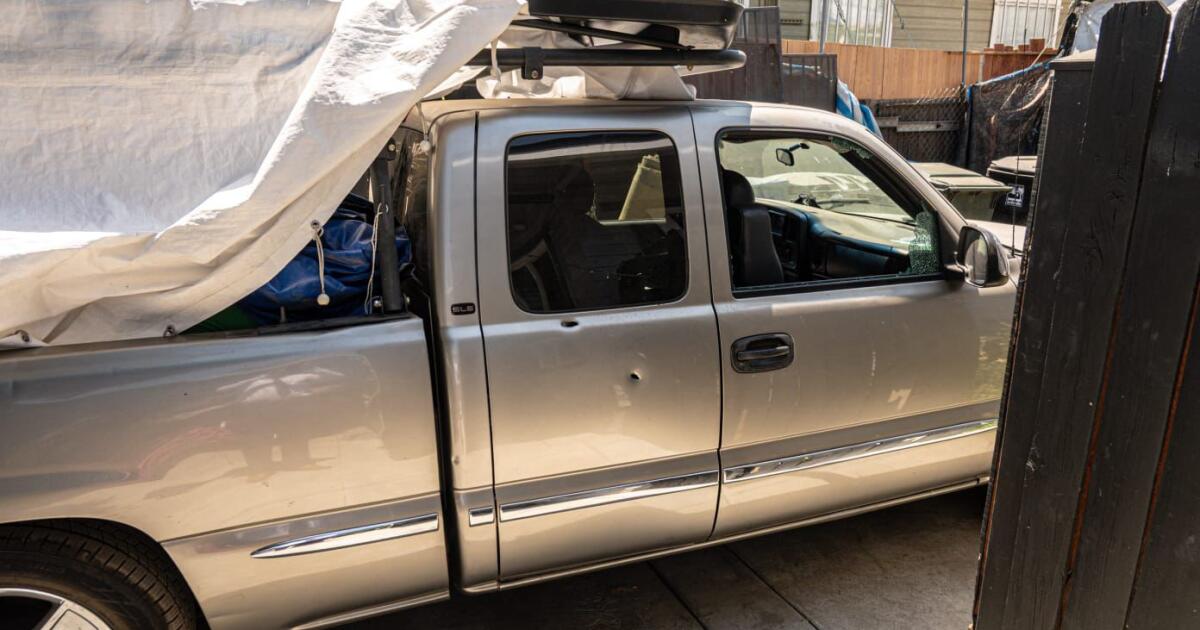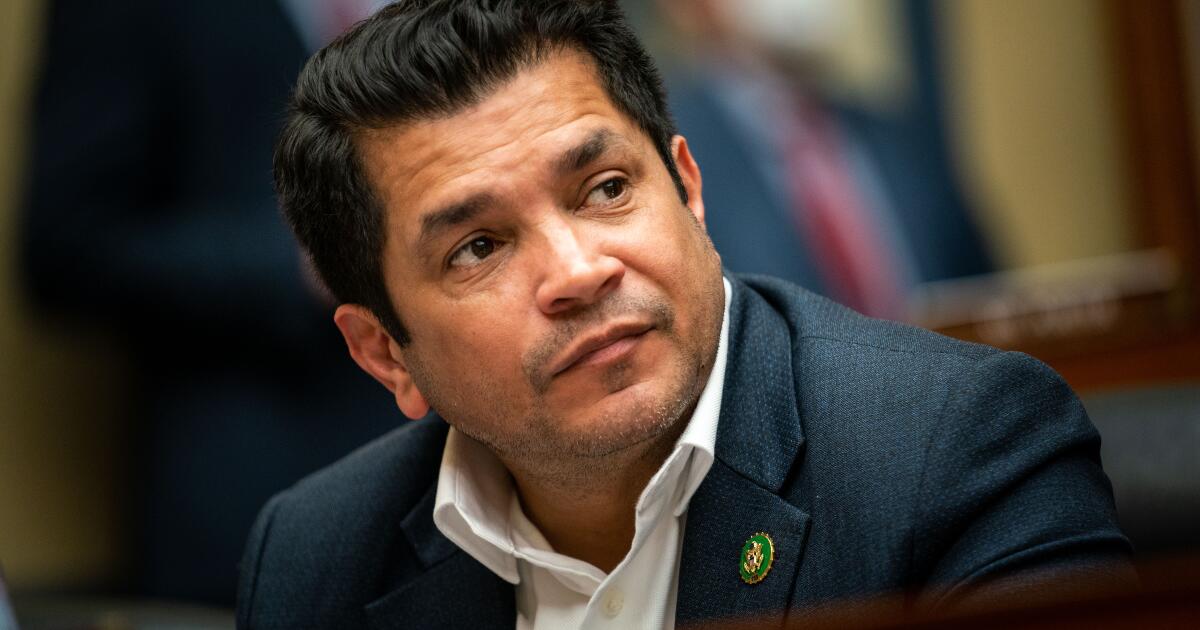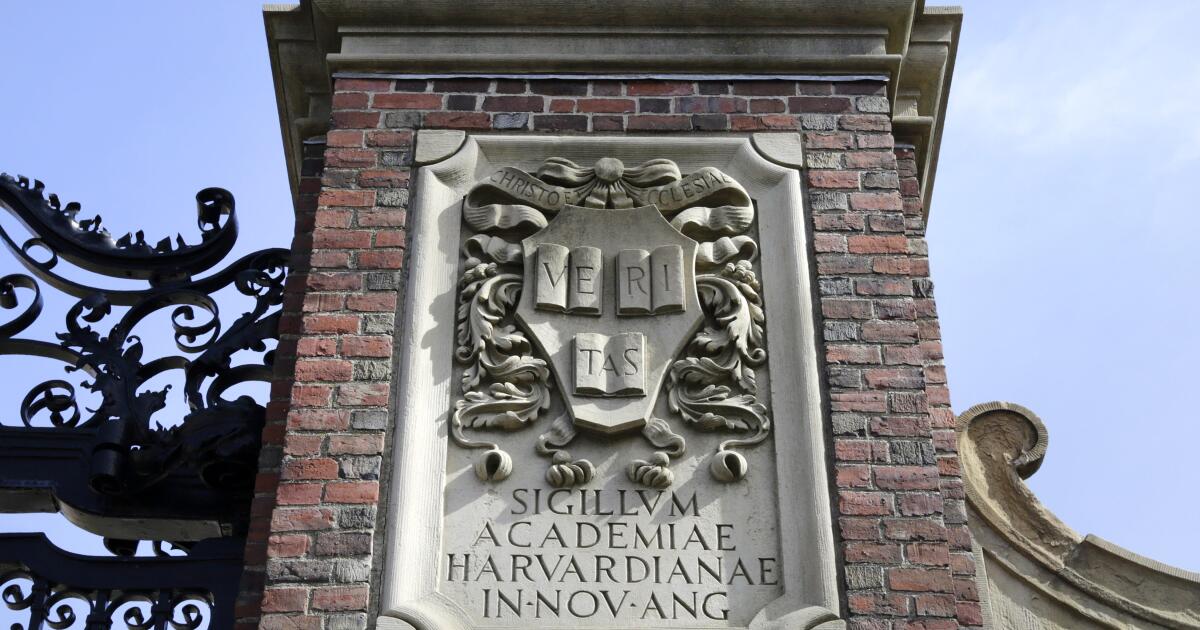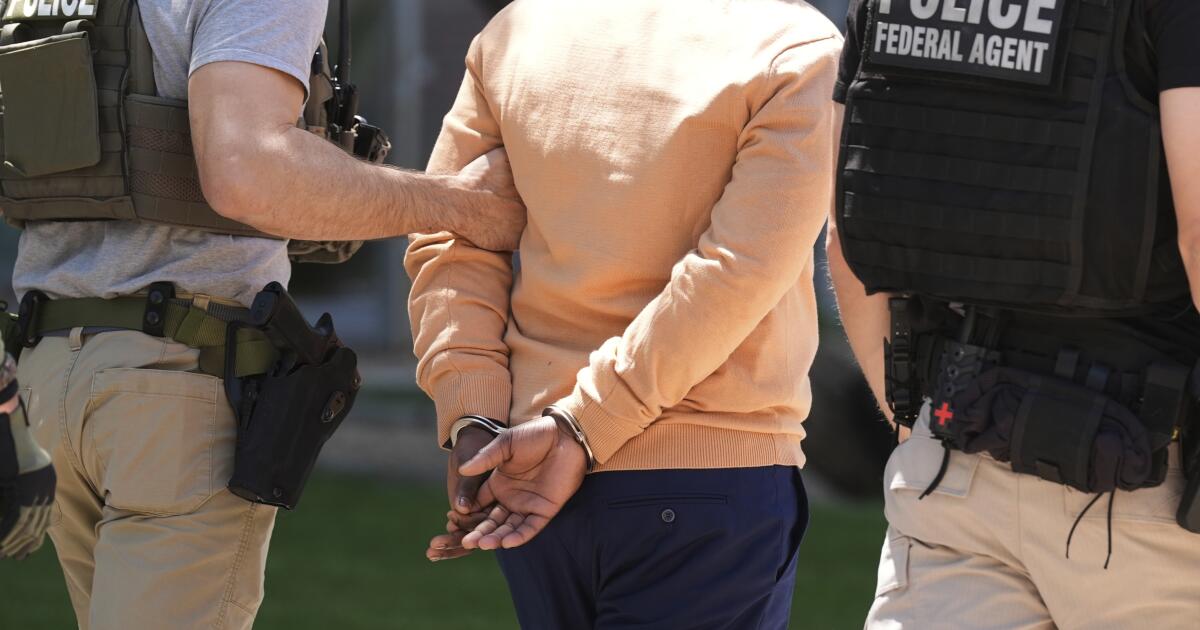475 people detained in immigration raid at Hyundai electric vehicle plant in Georgia
SAVANNAH, Ga. — Some 475 people were detained during an immigration raid at a sprawling Georgia site where South Korean auto company Hyundai manufactures electric vehicles, according to a Homeland Security official.
Steven Schrank, Special Agent in Charge, Homeland Security Investigations, said at a news briefing Friday that the majority of the people detained were from South Korea.
“This operation underscores our commitment to jobs for Georgians and Americans,” Schrank said.
South Korean Foreign Ministry spokesperson Lee Jaewoong described the number of detained South Koreans as “large” though he did not provide an exact figure.
He said the detained workers were part of a “network of subcontractors,” and that the employees worked for a variety of different companies on the site.
Thursday’s raid targeted one of Georgia’s largest and most high-profile manufacturing sites, touted by the governor and other officials as the largest economic development project in the state’s history. Hyundai Motor Group, South Korea’s biggest automaker, began manufacturing EVs a year ago at the $7.6 billion plant, which employs about 1,200 people, and has partnered with LG Energy Solution to build an adjacent battery plant, slated to open next year.
In a statement to The Associated Press, LG said it was “closely monitoring the situation and gathering all relevant details.” It said it couldn’t immediately confirm how many of its employees or Hyundai workers had been detained.
“Our top priority is always ensuring the safety and well-being of our employees and partners. We will fully cooperate with the relevant authorities,” the company said.
Hyundai’s South Korean office didn’t immediately respond to requests for comment.
ICE spokesman Lindsay Williams confirmed that federal authorities conducted an enforcement operation at the 3,000-acre site west of Savannah, Georgia. He said agents were focused on the construction site for the battery plant.
In a televised statement, Lee said the ministry is taking active measures to address the case, dispatching diplomats from its embassy in Washington and consulate in Atlanta to the site, and planning to form an on-site response team centered on the local mission.
“The business activities of our investors and the rights of our nationals must not be unjustly infringed in the process of U.S. law enforcement,” Lee said.
The Department of Homeland Security said in a statement that agents executed a search warrant “as part of an ongoing criminal investigation into allegations of unlawful employment practices and other serious federal crimes.”
President Trump’s administration has undertaken sweeping ICE operations as part of a mass deportation agenda. Immigration officers have raided farms, construction sites, restaurants and auto repair shops.
The Pew Research Center, citing preliminary Census Bureau data, says the U.S. labor force lost more than 1.2 million immigrants from January through July. That includes people who are in the country illegally as well as legal residents.
Kim and Bynum write for the Associated Press. Bynum reported from Savannah, Ga.




